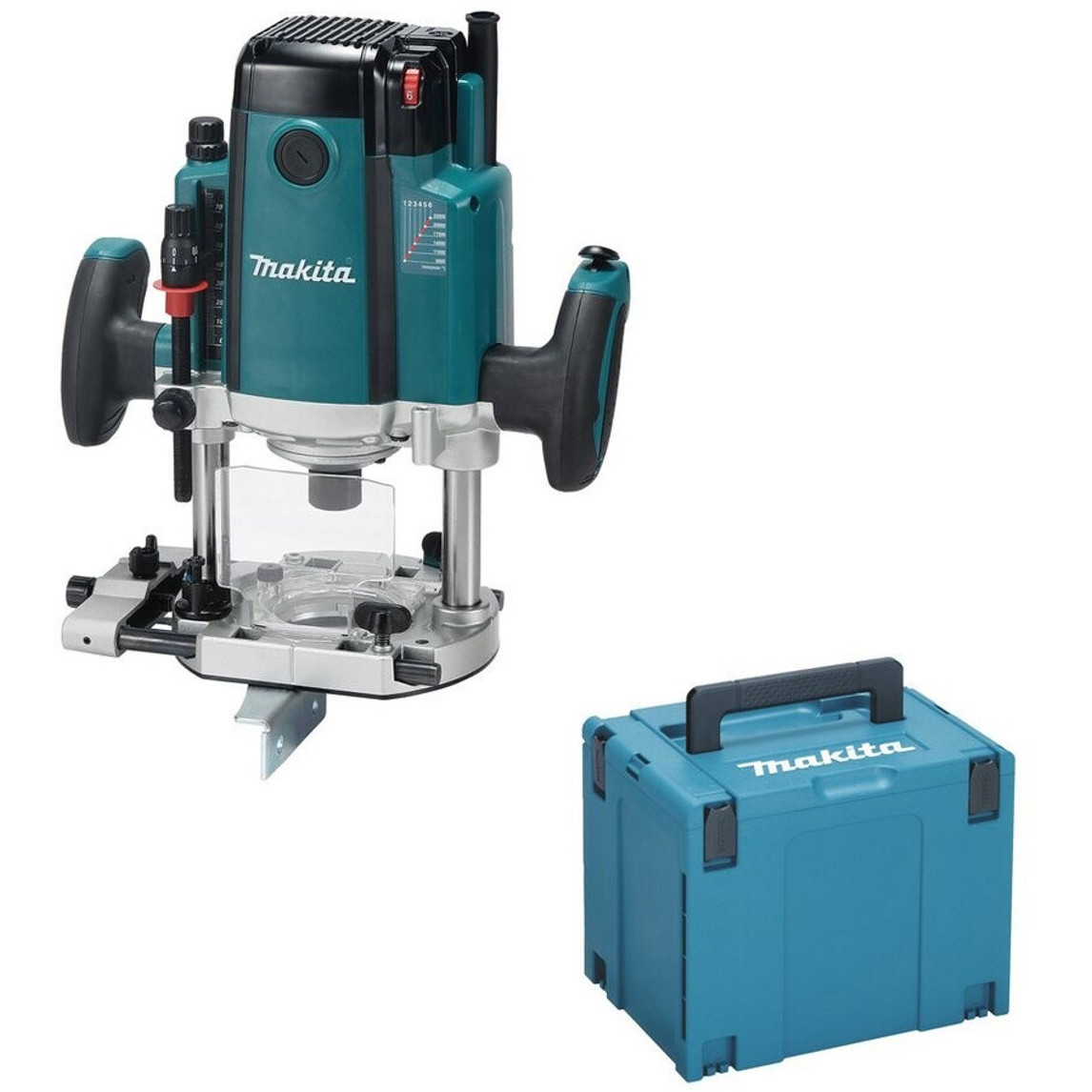What Is Buy A Router? History Of Buy A Router
The Ultimate Guide to Buying a Router: Ensuring Optimal Connectivity for Your Home or Office
In today's busy digital world, trustworthy internet connection is more crucial than ever. Whether for remote work, online learning, video gaming, or streaming, having a robust and effective router is crucial. This detailed guide will help customers make notified choices when selecting the perfect router for their specific requirements.
Comprehending Routers: The Basics
Before diving into the purchasing process, it's necessary to understand what a router does. A router is a networking device that forwards information packages between computer networks, allowing several gadgets to utilize the same internet connection all at once.
Secret Functions of a Router
- Connectivity: Connects various gadgets (computer systems, mobile phones, smart TVs, and so on) to the internet.
- Traffic Management: Manages data traffic to ensure consistent speeds.
- Security: Protects your network from external dangers with built-in firewalls and security procedures.
- Wireless Access: Provides Wi-Fi connectivity in homes and offices.
Types of Routers
When considering a router, it's important to understand the different types readily available. Here's a brief introduction:
1. Wired Routers
- Pros: Fast speeds, reputable connection, security from external hazards.
- Cons: Limited mobility; gadgets need to be physically linked.
2. Wireless Routers
- Pros: Greater flexibility, connects multiple devices without wires.
- Cons: Range constraints and potential security vulnerabilities.
3. Dual-Band Routers
- Pros: Offers both 2.4 GHz and 5GHz bands, lowering interference and enabling faster speeds on modern-day gadgets.
- Cons: More expensive than single-band routers.
4. Tri-Band Routers
- Pros: Additional band for better efficiency; appropriate for multiple heavy users or clever homes.
- Cons: Typically more expensive and might be overkill for fundamental users.
5. Modem-Router Combos
- Pros: Saves area and decreases the number of devices; easy to establish.
- Cons: Less flexibility in updating components and can lead to issues if one part fails.
Type
Pros
Cons
Wired
Quick speeds, dependable connection
Minimal mobility
Wireless
Greater versatility
Range restrictions, security vulnerabilities
Dual-Band
Decreased interference, faster speeds
More pricey than single-band routers
Tri-Band
Much better efficiency for numerous users
More costly; might be overkill
Modem-Router Combo
Saves space, simple setup
Less flexibility, prospective failure issues
Factors to Consider When Buying a Router
With different kinds of routers available, understanding the crucial elements affecting your decision can assist you choose sensibly.
1. Speed
Search for routers with higher speed ratings, typically measured in Mbps (megabits per second). The minimum requirement for basic activities is 25 Mbps, but for video gaming and HD streaming, 100 Mbps or more is more suitable.
2. Variety
Think about the size of your home or workplace. Routers feature different varieties; if you have a big space or numerous floorings, decide for a router with prolonged range abilities or consider a mesh network setup.
3. Security Features
Guarantee the router comes with robust security functions like WPA3 file encryption, firewalls, and guest gain access to. This is especially essential for securing personal data.
4. Number of Devices
Examine how many devices will link to the router. High-user environments, such as smart homes, may need routers developed to handle numerous simultaneous connections.
5. Future-Proofing
Think about a router that supports the latest Wi-Fi requirements (Wi-Fi 6 is presently the most recent), which offers better effectiveness and connectivity options for future devices.
Advised Routers in 2023
Here's a selection of some well-reviewed routers currently popular in the market:
Router Model
Type
Speed
Range
Price
TP-Link Archer AX50
Dual-Band
As much as 2402 Mbps
Approximately 2000 sq. ft.
₤ 99
ASUS RT-AX88U
Tri-Band
Up to 6000 Mbps
As much as 3000 sq. ft.
₤ 299
Netgear Nighthawk RAX80
Dual-Band
As much as 6000 Mbps
Approximately 3000 sq. ft.
₤ 399
Google Nest Wifi
Fit together
As much as 2200 Mbps
Approximately 2200 sq. ft. (per system)
₤ 299 (for 2-pack)
Linksys EA7300
Dual-Band
Up to 1750 Mbps
Approximately 1500 sq. ft.
₤ 149
Frequently asked questions on Buying a Router
Q1: Do I need a dual-band or tri-band router?
A: If you have a smart home or multiple users streaming or video gaming, a dual-band or tri-band router is recommended for optimal efficiency and lowered interference.
Q2: Can I use my old router with a new one?
A: You can utilize an old router as a variety extender or extra access point to enhance coverage, however it might restrict overall performance.
Q3: How typically should I replace my router?
A: It's a good idea to change your router every 3-5 years to keep up with improvements in innovation and ensure optimal security.
Q4: Is a mesh network better than a standard router?
A: A mesh network is frequently more reliable in big or multi-story homes for providing consistent coverage, while a standard router may be sufficient for smaller areas.
Q5: What speed do I need in a router for standard browsing?
A: For fundamental surfing, a router with at least 25 Mbps is adequate, however think about greater speeds for streaming and gaming.
Buying a router is an important decision that can considerably impact your internet experience. By understanding official website of routers offered, examining important functions, and thinking about present market options, consumers can make sure a better linked lifestyle. Investing time in selecting the ideal router pays dividends in speed, protection, and total fulfillment, making it a crucial component of today's interconnected office or home.
